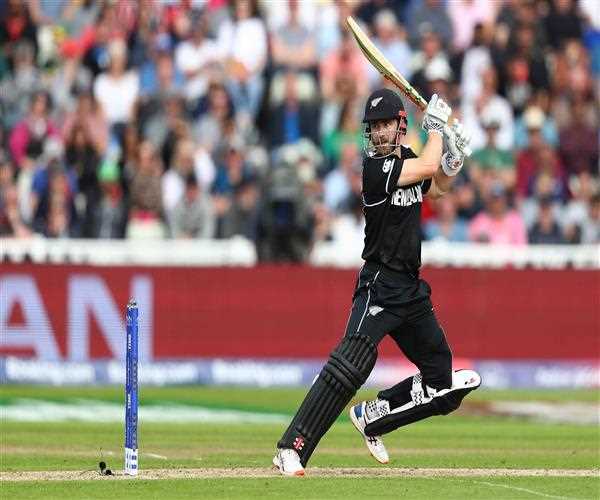At Lord's, one of cricket's most exciting games came to a close, with England being proclaimed the new world champions. It brought an end to England's 44-year wait for the sport's top reward, as their opponents New Zealand came up short after the scores were level after the Super Over. New Zealand captain Kane Williamson, on the other hand, had reason to celebrate after being named Player of the Tournament for his 578 runs and great leadership in leading the Kiwis to their second consecutive World Cup final. Sachin Tendulkar, an Indian legend, presented him with the prize.

On July 15, 2019, the ICC revealed its tournament team, with Kane Williamson choosing the player of the tournament and the captain of the team. With this achievement, Williamson became only the second captain in World Cup history to earn Player of the Tournament. Martin Crowe of New Zealand had accomplished the feat in the 1992 World Cup.
'Look, it certainly wasn't just one extra run. So many small parts in that match that could have gone either way as we saw. Congratulations to England on a fantastic campaign. It's been challenging, the pitches have been a little different from what we expected. Lots of talk of 300-plus scores, but we haven't seen many of those,' Williamson said at the post-match ceremony.
'I'd like to thank the New Zealand team for the fight they showed to keep us in the tournament and get us this far. A tie in the final. So many parts to it. The players are shattered at the moment. Obviously, it's devastating. They've performed at such a high level through the tournament,' he added.
Williamson finished the tournament with 578 runs, including centuries against South Africa and the West Indies in the 2019 World Cup.
The right-handed batter finished fourth in the World Cup's top run-scorers list.
After winning the toss, New Zealand elected to bat first. In their allocated
fifty overs, the Kiwis scored 241/8. Henry Nicholls top-scored for the Black Caps with 55 runs, while England's Chris Woakes and Liam Plunkett each claimed three wickets.
England lost wickets at frequent intervals when chasing a modest goal, and they needed 15 runs to win in the final over. As Martin Guptill's throw went to the boundary, giving England four runs owing to an overthrow, England had the luck of the green. New Zealand, on the other hand, maintained their composure to take the match to the Super Over.
Both teams scored 15 runs in the Super Over, but England was declared the winner because they hit more boundaries in the final.